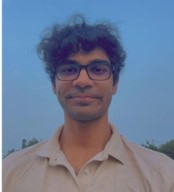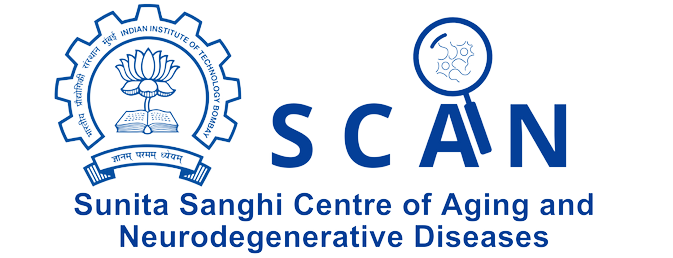The term “pandemic” is known to be associated with the spread of infectious diseases like Influenza, COVID-19, etc. However, the burden of even the non-infectious diseases such as neurodegenerative diseases is rapidly increasing with an overall increase in ageing population globally due to accessible and better healthcare systems and increased life expectancy, especially in a developing nation like India, given the rapid changes in its epidemiology and demographics.
Neurodegenerative diseases affect millions of people worldwide. They are characterised by progressive degeneration of nerve cells essential for mobility, coordination, strength, sensation, and cognition. Even in older persons who do not develop dementia over their lives, cognitive decline and neurodegenerative changes are noticeable as they age, implying shared pathophysiological pathways. The major neurodegenerative diseases – Alzheimer’s disease, Parkinson’s disease, Amyotrophic lateral sclerosis (ALS) and Frontotemporal Dementia (FTD) have remained enigmatic for decades.
According to the WHO 2019 report, Alzheimer’s and other dementias were the 7th leading cause of death world worldwide. This report also showed that this group of disorders is the second leading cause of death in high-income countries, claiming the lives of up to 814,000 people. As we age, our body becomes more vulnerable to neurodegeneration, which means this number will keep rising until we can do something about it. Although specific treatments may help relieve some of the physical or mental symptoms associated with neurodegenerative diseases, slowing down the disorder may be possible, but no definite cure exists.
Despite extensive research to understand the molecular players and mechanisms involved, many questions remain unanswered. There needs to be a better understanding about clear etiologies for these disorders due to various genetic and microenvironmental factors at the cellular level causing the degeneration of neurons. While a few chemical compounds have been shown to slow down the aggregation of pathological proteins, we remain estranged short of a complete reversal drug. The gap in knowledge also extends to the need for clearer biomarkers to effectively diagnose these disorders, leading to inaccurate diagnoses and failure of symptomatic treatments.
The Sunita Sanghi Centre of Aging and Neurodegenerative Diseases (SCAN) endeavours to create new diagnostic tools and biomarkers to aid in diagnosing and prognosis neurodegenerative disorders. The centre also aims to understand the molecular pathways involved in these disorders and develop assistive technologies to combat neurodegenerative diseases and ease the lives of people living with neurodegenerative disorders. The Centre is poised to be at the forefront of cutting-edge research and treatment for conditions such as Alzheimer’s, Parkinson’s, and various forms of dementia, offering new hope to countless individuals and their families affected by these debilitating diseases. Its state-of-the-art facilities, world-class researchers, and commitment to pushing the boundaries of medical science promise to pave the way for innovative breakthroughs in understanding, diagnosing, and treating these conditions.

Blog by: Nihar Saxena,
Education: Pursuing BSc (with Hons) in Biology
University: Ashoka University, Sonipat
